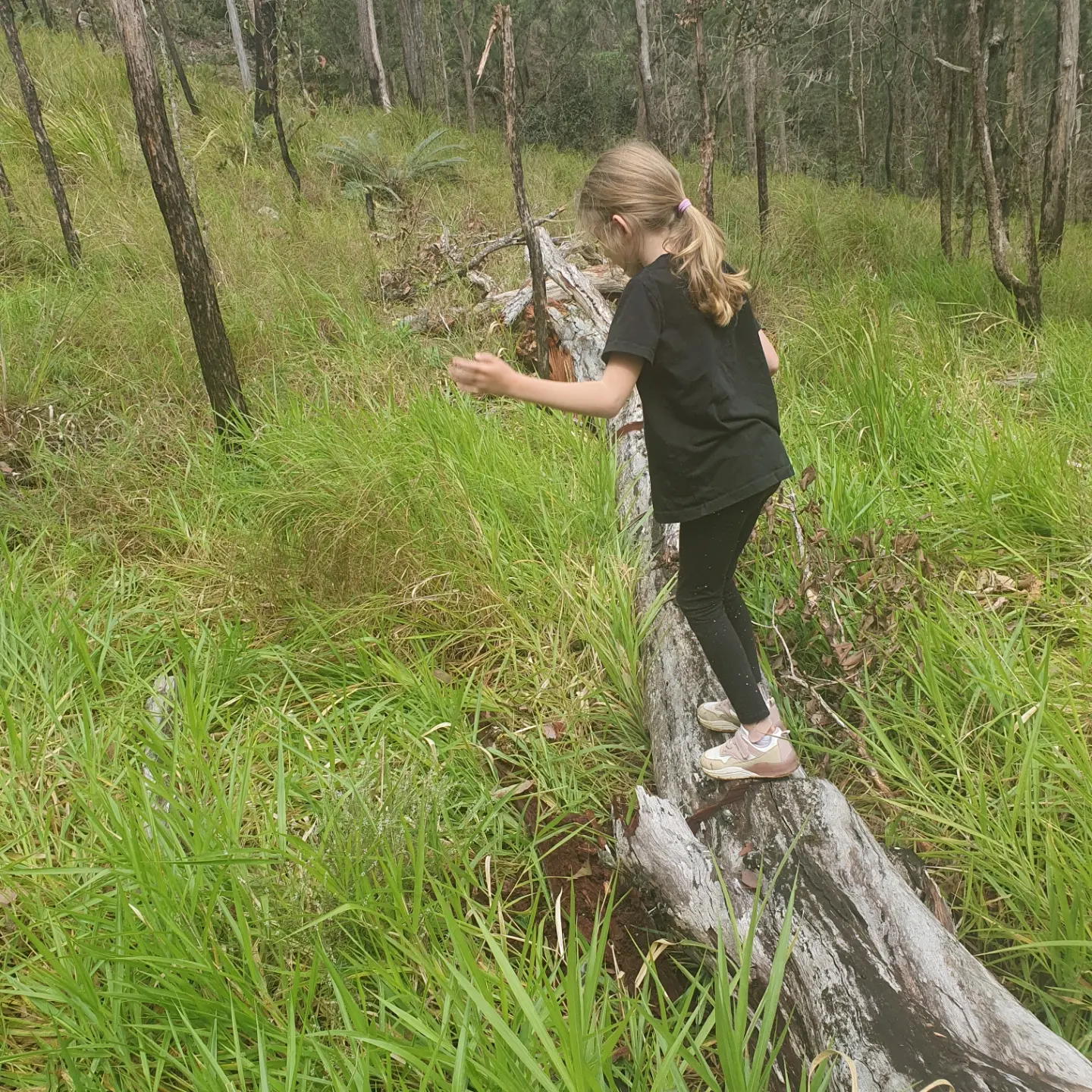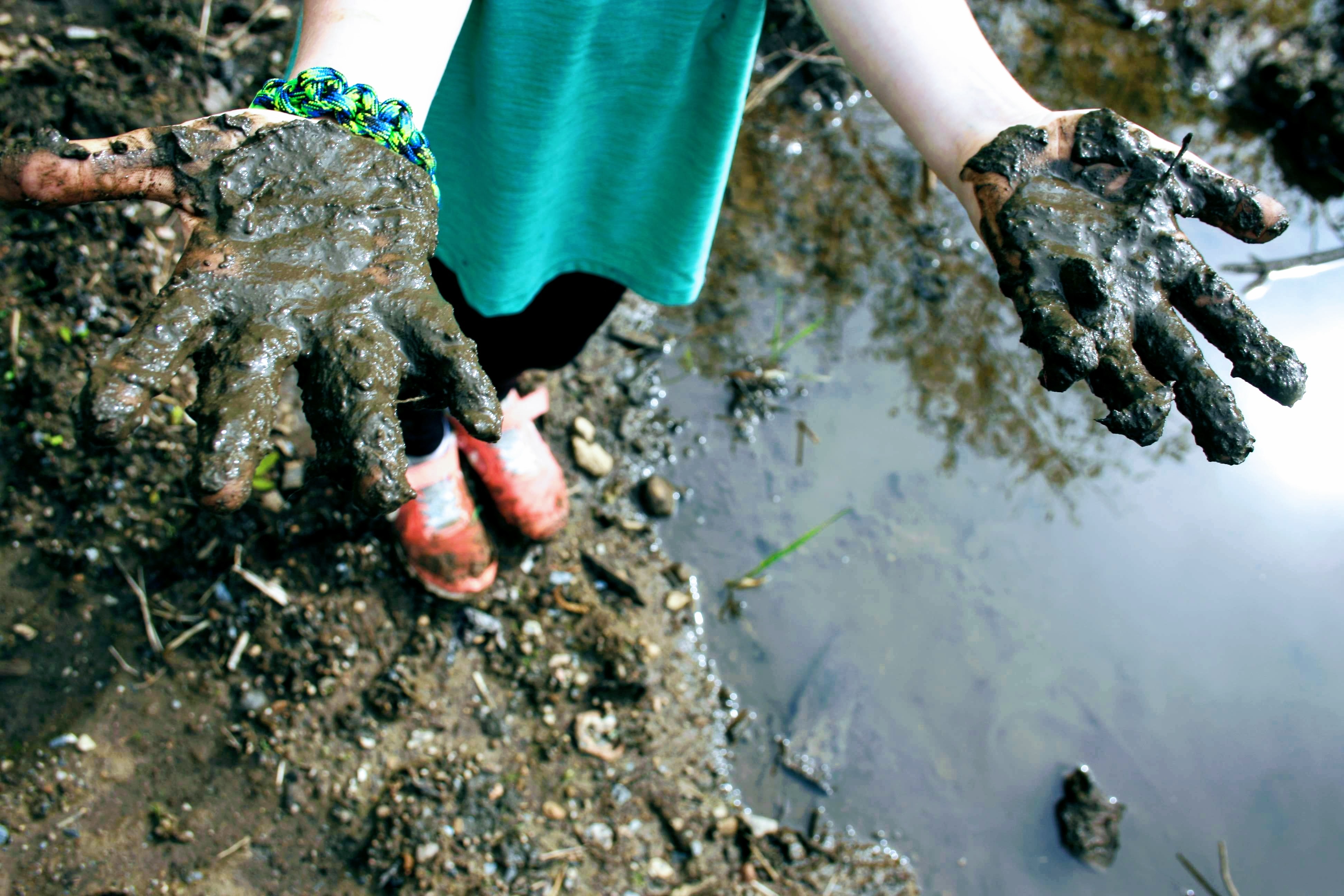Mama's Musings
Citizen Science: A Hands-On Approach to Learning
By integrating citizen science into your lives, you'll not only nurture a passion for learning but also contribute to vital research that benefits us all. Happy exploring!
As home educating and unschooling families, we have the unique opportunity to create a rich, diverse learning environment that goes beyond textbooks. One fantastic way to make learning engaging and meaningful is through citizen science. This collaborative approach allows everyday people, including homeschoolers, to contribute to real scientific research. It's a hands-on way to learn about the natural world, develop critical thinking skills, and participate in a community that values curiosity and discovery.
Citizen science involves public participation in scientific research. From collecting data on local wildlife to analyzing climate change trends, citizen scientists help professional researchers gather valuable information. This collaborative effort enhances scientific knowledge and often leads to meaningful envi...
Managing Eco Anxiety in Children
Originally appeared in the August 2023 issue of What's On Magazine
As the world becomes more aware of the impacts of climate change and environmental degradation, a new phenomenon is emerging: eco-anxiety. This term describes the feeling of anxiety, fear, and despair that can arise in response to any environmental crisis. Unfortunately, it's not just adults who are experiencing it - children are also feeling the effects of eco-anxiety.
It's understandable why children might be feeling anxious about the state of the environment. They see images of natural disasters, hear stories about species going extinct, and are told that the planet is in trouble. It's a lot for them to take in, and it can be overwhelming.

So, what can parents, carers, and educators do to help children cope with eco-anxiety?
Listen: Listen to children’s’ concerns. Let them express their feelings, and then validate their emotions. Don't dismiss their worries or tell them that they're overreacting. Instead, ackno...
Muddy Play
For many children, playing in mud is a natural and instinctual activity that brings joy and excitement. Unfortunately, in today's world, children are often discouraged from playing in the mud due to concerns about hygiene and cleanliness. However, research has shown that playing in mud can have numerous benefits for children, both in terms of their physical and mental health. Below are some of the reasons why children should be encouraged to play in mud.

Photo credit: Ellie Storms (Unsplash)
Physical Benefits
Playing in mud is a great way for children to get some exercise and develop their gross motor skills. Mud is an unstable surface, which means that children have to use their muscles to balance and move around. This can help to develop their coordination, strength, and overall physical fitness. Additionally, playing in mud can help to improve their sensory skills, as they learn to use their senses to navigate the environment.
Mental Health Benefits
Playing in mud can also have a...
Nature Craft for Kids
I appreciate art & craft for kids inspired by nature, using natural and recycled ingredients. I prefer my children not be exposed to art & craft products which contain ingredients they shouldn’t be putting on their skin (or in their mouths, as they do!). I don’t want to add to landfill once the fun is over, so ideally what we consume when being creative will return to the Earth.

We don’t need to buy expensive natural kits or products to choose nature craft. Instead of looking in a discount store at the over-packaged foam, plastic and glitter items, head outdoors to find treasures you can use.
There are books in the library, and many websites dedicated to creating from nature, but it’s great to be inspired by the items you find, and your child’s imagination. Ephemeral art is a creation that happens once, not with the intention of creating something to keep. It might be a mandala created from leaves during a picnic, or a funny face made from shells and seaweed at the beach. Take a ph...
Friday Freebie: Nature Study Resources

Marie from Nature Study Australia has collated a fantastic list of free resources for homeschoolers looking to include Nature Study in their learning journeys... We've used some of Marie's resources before, and I attended her workshop at the Australian Homeschooling Summit.
Once I started looking for nature study resources, I found there were hundreds, including freebies, available online. If you have any recommendations, please let us know what you're using, especially Aussie products!





